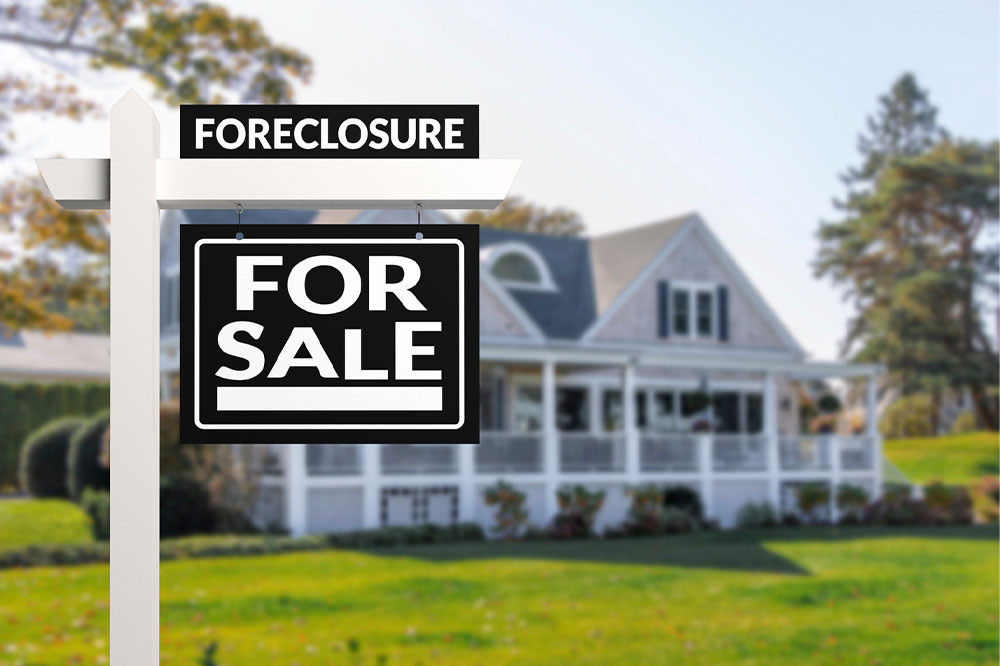Essential Guide to Choosing and Investing in Coastal Real Estate
Discover expert tips for buying coastal real estate, from selecting the right location and budgeting effectively to maximizing rental income and insuring your seaside property. Understand market trends and conduct thorough inspections to ensure a sound investment. This comprehensive guide helps future coastal homeowners make informed decisions to enjoy a dream seaside lifestyle while protecting their assets.

Essential Guide to Choosing and Investing in Coastal Real Estate
Owning a property by the sea has long been considered a dream for many. Imagine waking up every morning to the soothing sound of waves, with the ocean breeze refreshing your senses, providing a perfect escape from the stresses of urban life. Coastal properties not only offer a serene lifestyle but also serve as a lucrative investment opportunity. However, purchasing such a property requires careful planning and thorough evaluation to ensure a smart investment while avoiding potential pitfalls.
While beachfront homes and seaside retreats can be some of the most valuable real estate assets, several critical factors play a significant role in making a sound purchasing decision. From location and budget considerations to market timing and property condition, understanding these elements can help you select the best coastal property suited to your needs and financial goals.
Location: The Foundation of Your Coastal Property
When considering waterfront real estate, location is undoubtedly one of the most influential factors. Spend ample time exploring the neighborhood surrounding your prospective property. It’s invaluable to visit the area at different times of the day and various seasons to get a comprehensive understanding of its environment. Renting a nearby property beforehand can give you insights into safety, local amenities, community vibe, and accessibility. Proximity to essential services such as hospitals, airports, grocery stores, shopping districts, and entertainment venues should be prioritized to ensure convenience for yourself and future renters or guests.
Engaging with local real estate agents who have in-depth knowledge of the area can help identify affordable, well-located properties. They can also advise on emerging markets or areas with growth potential, leading to better long-term investment prospects. Location impacts not only your lifestyle but also the property's resale value, rental income potential, and susceptibility to weather-related risks.
Budget: Financial Planning is Crucial
While the allure of owning a seaside home is captivating, it’s vital to establish a realistic budget. Oceanfront properties tend to be more expensive than inland homes, and additional costs such as insurance, maintenance, and utilities can significantly increase ongoing expenses. Take time to compare listings across various real estate websites and consult with financial advisors or real estate experts to determine what fits within your financial capacity. Remember, affordability isn’t just about the purchase price but also about managing operational costs efficiently over time.
Property maintenance, especially for beachfront homes, can be higher due to exposure to saltwater, humidity, and storm damage. Budgeting for these extra expenses can prevent unexpected financial strain. Developing a comprehensive cost analysis—including property taxes, homeowners’ association fees (if any), and renovation reserves—will help you create viable financial plans for your coastal investment.
Rental Opportunities: Turning Your Beach House into a Revenue Stream
If your goal is to generate income, investing in a property with strong rental appeal is advantageous. Coastal areas that attract tourists year-round or seasonally can provide lucrative rental income, especially during peak seasons. You can rent your property to vacationers, which often offsets mortgage payments and maintenance costs, making ownership more financially sustainable.
When selecting a home for rental purposes, consider its proximity to popular beaches, attractions, and transportation hubs. Properties with appealing features like decks, pools, or stunning views tend to attract more guests. To maximize rental income, it’s also wise to evaluate local regulations regarding short-term rentals, licensing, and tax implications. A property management team or rental agency can help streamline rental operations, ensuring consistent occupancy and positive guest experiences.
Market Timing: Strategic Buying for Better Returns
The real estate market fluctuates, making timing a critical factor in purchasing coastal properties. Studying current market trends with the assistance of experienced realtors can inform your buying strategy. During market upswings, prices tend to rise, and waiting for a dip might save you money. Conversely, market downturns can provide opportunities to acquire properties at lower prices, especially in areas where development or tourism is still emerging.
Using data on recent sales, price trends, and economic indicators can inform your decision. Patience and strategic timing may lead to better deals and higher diversification of your investment portfolio.
Property Inspection: Ensuring Structural Integrity and Safety
Before formalizing your purchase, conducting a comprehensive property inspection is essential. Hire qualified inspectors to assess various aspects of the home, including foundation stability, electrical systems, plumbing, roof integrity, and overall structural health. Pay special attention to potential issues like previous flood damage, pest infestations, or corrosion caused by salt air exposure, as these can lead to costly repairs down the line.
Engaging surveyors and contractors can provide additional insights into necessary renovations or repairs. A thorough inspection ensures transparency in the transaction and helps you budget for any upcoming maintenance or upgrades, protecting your investment in the long run.
Insurance: Protecting Your Coastal Asset
Insurance is a critical aspect of owning a waterfront property, especially considering the heightened risks in coastal regions such as hurricanes, flooding, and windstorms. Property insurance premiums in hurricane-prone areas tend to be higher to cover potential damages caused by severe weather events. Adequate coverage includes protection against flood, wind damage, storm surges, and erosion.
Consult with local insurance agents who understand the regional risks and policies tailored for coastal homes. Securing comprehensive insurance coverage safeguards your investment, provides peace of mind, and ensures financial resilience in case of natural calamities. Budget for these insurance costs as part of your overall property investment plan.
When exploring waterfront options, consider a variety of properties—from pristine beaches and tranquil coves to remote islands. Price ranges can vary widely depending on location, size, and amenities. For example, average costs for beach houses can hover around $243,649, but this varies significantly according to local real estate markets and the features of the property.
Once you've purchased your coastal property, pay thoughtful attention to interior décor and landscaping. An inviting, relaxed aesthetic can increase rental appeal and help you enjoy your retreat more fully. Implementing a strategic design approach can make your property both a sought-after vacation spot and a profitable asset.





